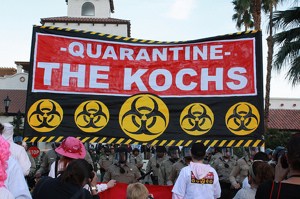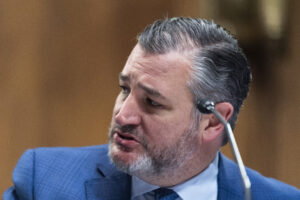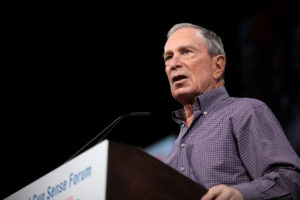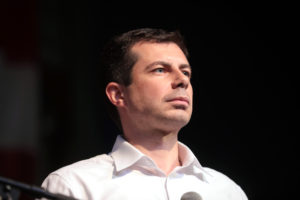IRS to Tax the Purchase of Political Power Through Nonprofits
Clandestine political financiers such as David H. Koch, who along with his brother Charles has bankrolled the tea party movement, may soon be hit with “gift taxes” for each donation to nonprofit political advocacy groups. The Internal Revenue Service has been able to tax such contributions since 1982, but it has rarely happened, The New York Times reports.
Clandestine political financiers such as David H. Koch, who along with his brother Charles has bankrolled the tea party movement, may soon be hit with “gift taxes” for each donation to nonprofit political advocacy groups. The Internal Revenue Service has been able to tax such contributions since 1982, but it has rarely happened, The New York Times reports. The groups—so-called 501(c)(4) nonprofits—are forbidden to act for primarily political purposes.
The Supreme Court’s 2010 Citizens United ruling opened the way for a virtually endless flood of corporate campaign funds. While the active role that IRS officials have now decided to play is welcome, it can only address a small portion of the nation’s profound campaign finance problem.
Billionaire George Soros, a leading donor to progressive causes, may also be affected by the IRS decision.–ARK
Your support matters…The New York Times:
These groups have been drawing more and more criticism, from President Obama as well as others, as they have proliferated and funneled vast sums of money in support of campaigns and causes, without having to publicly disclose their donors. During the midterm cycle, for example, groups like Crossroads GPS, which has ties to the Republican strategist Karl Rove, and Americans for Prosperity, backed by Mr. Koch and his brother Charles, were heavily involved in politicking, spurring campaign finance watchdogs to complain that they were largely unregulated and flouting election and nonprofit laws.
The organizations in question were established as nonprofit corporations under a section of the tax law, 501(c)(4), and the rules governing them say their primary purpose cannot be political. Unlike contributions to charities, however, donations to these groups have always been subject to a gift tax. But tax experts and campaign finance experts say the I.R.S. had not enforced that rule, until now.
… “There are a whole heck of a lot of people misusing (c)(4) groups as a means of getting around campaign finance regulations, and we lack a coherent system of laws to deal with that,” said Donald B. Tobin, a legal expert on the intersection of campaign finance and tax laws at the Moritz College of Law at Ohio State University. “Now here’s a stick, frankly, that says there are consequences for doing that.”
Independent journalism is under threat and overshadowed by heavily funded mainstream media.
You can help level the playing field. Become a member.
Your tax-deductible contribution keeps us digging beneath the headlines to give you thought-provoking, investigative reporting and analysis that unearths what's really happening- without compromise.
Give today to support our courageous, independent journalists.






You need to be a supporter to comment.
There are currently no responses to this article.
Be the first to respond.